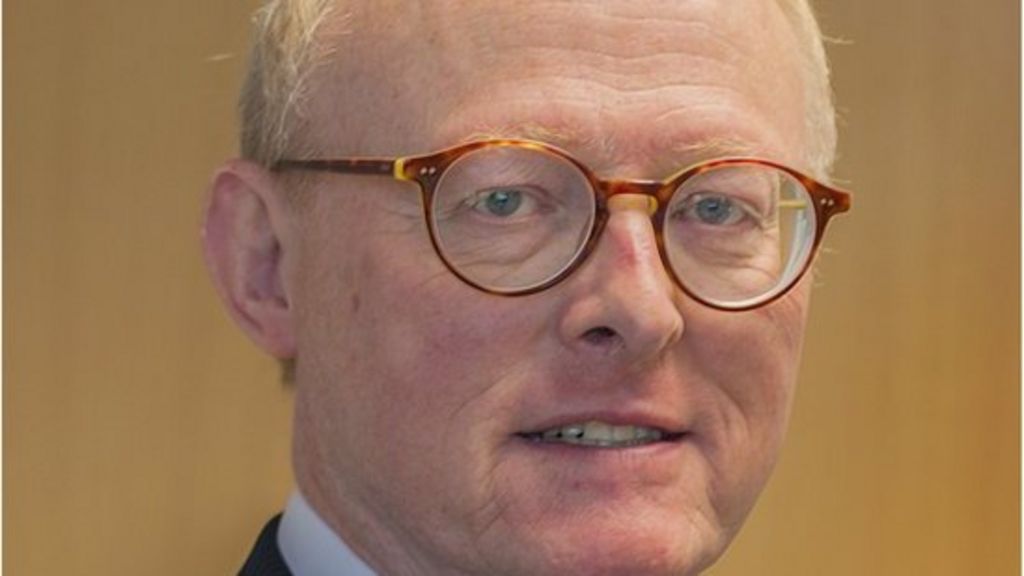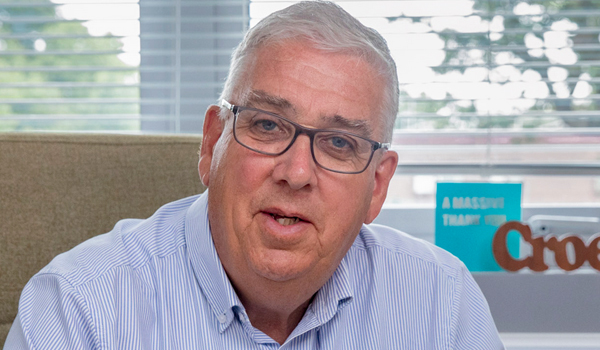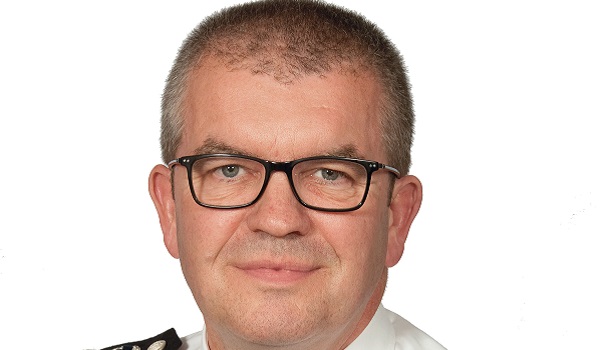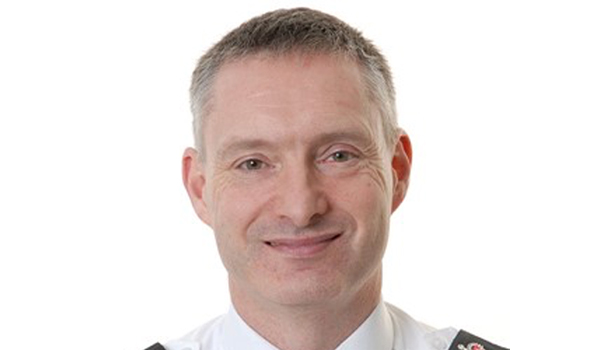State of Policing report highlights growing demand and vetting concerns
Police forces need to ensure that their professional standards departments are staffed by “some of the best detectives” available in order to tackle any incidents of corruption and help restore public confidence, Her Majesty’s Chief Inspector of Constabulary has said.
In his annual assessment of policing in England and Wales, Sir Thomas Winsor said the planned recruitment of an additional 20,000 police officers by 2023 is undoubtedly a good thing, but it also heightens the danger that people unsuited to policing may be recruited.
He noted: “A programme of this magnitude inevitably carries risks. There is a heightened danger that people unsuited to policing may get through and be recruited.
“On occasion, police recruitment vetting processes identify applicants’ connections with organised crime groups that try to infiltrate the police. In too many cases, the system fails. This can have catastrophic consequences.
“There is also a risk of recruiting officers who hold views that are generally incompatible with the office of constable, such as extremist and racist attitudes. When unsuitable applicants lie on their application forms, conceal their social media activity, or play down their criminal connections, the quality of vetting needs to be consistently high.
“Moreover, when probationary constables misbehave, the police should be assiduous in tackling that conduct and removing those who are, or are likely to be, unsuitable.
“Abuse of position for a sexual purpose, the predation of vulnerable people by police officers for sexual advantage is one of the most serious forms of police corruption, and forces must do everything necessary to root it out.
“Directorates of professional standards should be staffed by some of the best detectives, and senior officers need to take this problem very seriously indeed.”
Sir Thomas also noted that the pandemic had intensified vulnerability for certain people and that this, combined with failing public services, had increased levels of demand.
He said: “The pandemic provided new opportunities for criminals and showed how essential it is that our public services work well together. It is highly regrettable that new legislation and lockdown restrictions made certain people more vulnerable and limited access to support services. As a result, many more people may have been suffering, and this will have led to increased demand on the police.
“For policing to be effective, the wider criminal justice system and other public services must also be as effective as possible. If they are not, many more people may be drawn to crime, enter into cycles of offending, become victims, and lose confidence in policing.
“I am disappointed on behalf of the public that so little has been done to fix the perilous state of the criminal justice system and failing mental health services. The Government’s next Spending Review will provide an opportunity to put right many of the problems in policing, and the other public sector agencies must do much more to match the commitment of the police service to protecting people from harm.”
Responding to the publication of the report, National Police Chiefs’ Council chair Martin Hewitt said he did not agree with the suggestion that vetting procedures were falling short on multiple occasions.
He said: “The HMICFRS annual report highlights the challenges that the pandemic has thrown at society and their impact across the public sector. It rightly recognises the ‘exemplary’ response from policing. Officers and staff across the country have worked incredibly hard, with creativity and innovation to meet the challenges and continue to protect the public.
“The report also rightly recognises the pressure on the criminal justice system and mental health services and the serious impact this has for society and the additional demand it places on policing.
“We are actively supporting greater coordination and collaboration across policing and other parts of the public sector. We endorse the recommendation for multi-year funding settlements – policing will be more efficient and effective as a result.
“High standards in recruitment and vetting are essential in bringing the best into policing and preventing anyone unsuitable from joining us. We will be engaging with HMICFRS to understand their concerns about current recruitment and vetting risks as we don’t recognise the description of these systems failing in too many cases.”







